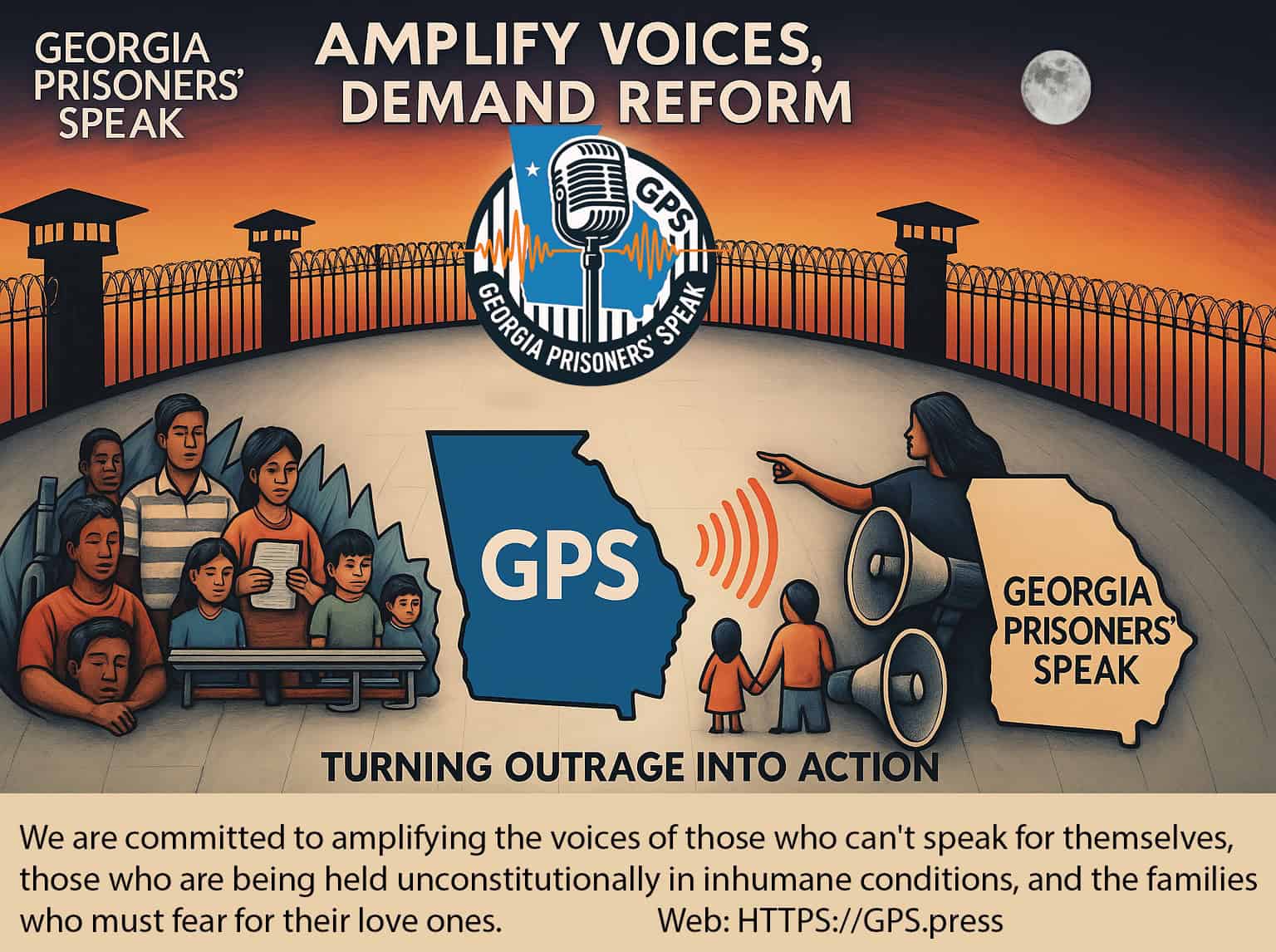150 arrests in Operation Skyhawk—including 8 prison staff. $7 million in drugs seized. 87 drones used for smuggling. Between 2012 and 2020, 12 inmates at one facility died by suicide due to staff negligence. Georgia’s prisons are plagued by corruption at every level—from guards smuggling contraband to officials misusing funds. The system isn’t broken; it’s being exploited. 1
Operation Skyhawk: The Scale of Corruption
One investigation revealed systematic criminal enterprise:
- 150 arrests—including 8 GDC employees
- 273 cellphones seized—for coordinating crime
- $7 million in drugs—street value
- 87 drones—used for smuggling
- 1,000+ criminal charges—drug trafficking, gang activity, smuggling
This wasn’t rogue actors. It was organized crime operating within and through the prison system.
Financial Mismanagement
Corruption extends beyond smuggling:
- Kickback schemes—contractors overcharge in exchange for bribes
- Misallocated funds—money meant for facilities diverted
- No accountability—oversight failures allow continuation
- Degraded conditions—corruption drains resources from care
When money meant for inmate care goes to corrupt officials and contractors, conditions deteriorate.
The Human Cost
Corruption produces casualties:
- 12 suicides at one facility—2012-2020, linked to staff negligence
- Contraband between cells—security compromised
- Inadequate medical care—funds diverted elsewhere
- Hazardous conditions—infrastructure neglected
The U.S. Penitentiary in Atlanta became a dangerous environment where basic safety and hygiene were abandoned due to mismanagement and misconduct.
Why Corruption Thrives
The system enables exploitation:
- Low staff wages—financial pressure creates vulnerability
- Weak oversight—no independent monitoring
- Gang coercion—threats force cooperation
- Culture of silence—whistleblowers face retaliation
Without structural reform, corruption will continue to define Georgia’s prison system. 2
Take Action
Use Impact Justice AI to send advocacy emails demanding an end to prison corruption in Georgia. The free tool crafts personalized messages to Georgia lawmakers—no experience required.
Demand:
- Independent oversight of prison operations and finances
- Whistleblower protection for staff reporting corruption
- Competitive wages to reduce corruption incentives
- Accountability for officials involved in misconduct
Further Reading
- The Black Market Inside Georgia Prisons
- Blood Money: How Georgia’s Prison Economy Thrives on Human Suffering
- GPS Informational Resources
- Pathways to Success
About Georgia Prisoners’ Speak (GPS)
Georgia Prisoners’ Speak (GPS) is a nonprofit investigative newsroom built in partnership with incarcerated reporters, families, advocates, and data analysts. Operating independently from the Georgia Department of Corrections, GPS documents the truth the state refuses to acknowledge: extreme violence, fatal medical neglect, gang-controlled dorms, collapsed staffing, fraudulent reporting practices, and unconstitutional conditions across Georgia’s prisons.
Through confidential reporting channels, secure communication, evidence verification, public-records requests, legislative research, and professional investigative standards, GPS provides the transparency the system lacks. Our mission is to expose abuses, protect incarcerated people, support families, and push Georgia toward meaningful reform based on human rights, evidence, and public accountability.
Every article is part of a larger fight — to end the silence, reveal the truth, and demand justice.

